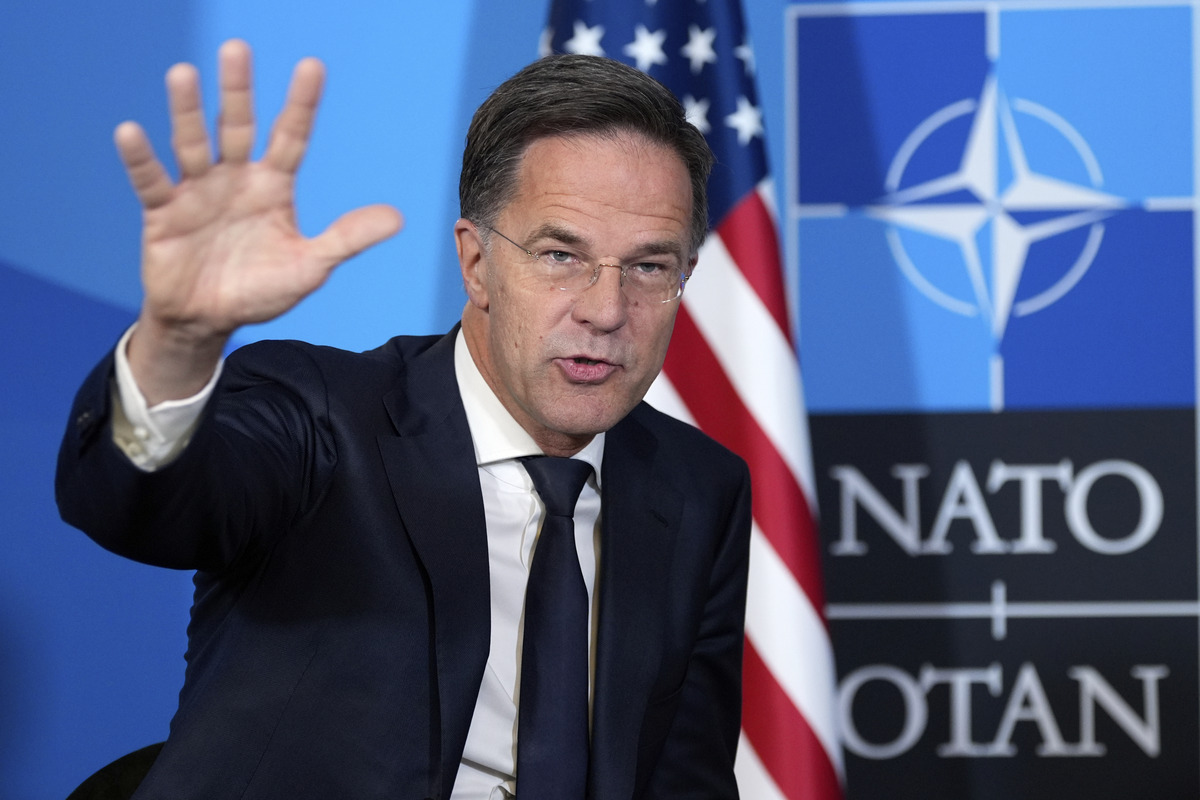NATO’s leader sheds light on the varied conscription policies across Europe, highlighting how countries like Estonia, Latvia, Lithuania, and several Nordic nations maintain mandatory military service. The discussion underscores the impact of conscription on the alliance’s collective defense strategies.
NATO Chief Weighs In on Military Conscription Across Europe

Key Takeaways:
- NATO Chief comments on military conscription across Europe
- Estonia, Latvia, and Lithuania maintain compulsory military service
- Several Nordic countries have active conscription policies
- Turkey and Greece also implement conscription
- Conscription impacts NATO’s collective defense strategies
NATO Chief Addresses Conscription Policies in Europe
The NATO Chief has recently weighed in on the topic of military conscription across Europe, shedding light on how various member nations approach mandatory military service. This discussion brings renewed attention to the role of conscription in bolstering national defense and the alliance’s collective security.
Conscription in the Baltic States
Estonia, Latvia, and Lithuania, known collectively as the Baltic states, all uphold compulsory military service. These nations, situated on NATO’s eastern flank, consider conscription vital to maintaining a robust defense posture. Mandatory service ensures that a significant portion of the population is trained and ready to respond to potential threats, contributing to regional stability.
Nordic Countries’ Commitment to Mandatory Service
Several Nordic countries have also retained or reinstated conscription policies. This approach reflects their commitment to preparedness in the face of evolving security challenges. By mandating military service, these nations aim to enhance their defense capabilities and ensure a steady influx of trained personnel into their armed forces.
Turkey and Greece: Long-standing Conscription Practices
In southern Europe, Turkey and Greece continue to implement conscription as a cornerstone of their military systems. These countries maintain mandatory service due to historical tensions and the need to protect their extensive borders. Conscription in Turkey and Greece plays a crucial role in sustaining sizable and ready military forces.
Implications for NATO’s Collective Defense
The diverse conscription policies among NATO members have significant implications for the alliance’s collective defense strategies. Mandatory military service in several member nations contributes to a pool of trained individuals who can enhance NATO’s operational capabilities. The NATO Chief’s remarks underscore the importance of understanding how national policies on conscription affect the alliance as a whole.
Conclusion
As discussions about military readiness and defense strategies continue, the NATO Chief’s insights highlight the enduring relevance of conscription in Europe. The varied approaches to mandatory service among member countries not only reflect their individual security needs but also impact the collective strength of NATO. This topic remains central to ensuring the alliance can effectively respond to current and future challenges.











